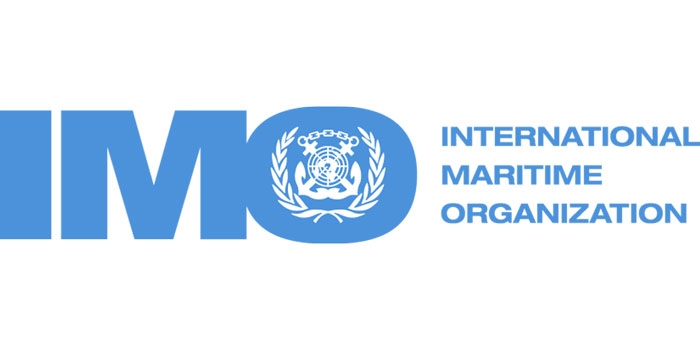International Maritime Organization (IMO): Safeguarding Global Shipping and Marine Environment

In this blog post, we will explore the International Maritime Organization (IMO), its role in shaping global shipping regulations, ensuring maritime safety, security, and environmental protection. We will delve into its establishment, location, significance, historical examples, and opportunities to join as staff or volunteer.

The International Maritime Organization (IMO) is a specialized agency of the United Nations (UN) that regulates and governs international shipping. It was founded in 1948 and became a UN agency in 1958. The IMO serves as the global authority for developing and implementing maritime regulations and standards.
The IMO headquarters is located in London, United Kingdom. Its strategic location allows for easy coordination with member states, international organizations, and maritime stakeholders. The IMO operates through its Secretariat, which consists of various departments and divisions responsible for carrying out its mandate.

Significance
- Safety and Security: The IMO plays a crucial role in ensuring the safety and security of maritime operations worldwide. It establishes standards for vessel construction, equipment, and crew training, aiming to prevent accidents, collisions, and maritime disasters. The IMO's efforts contribute to the protection of lives, property, and the marine environment.
- Environmental Protection: The IMO promotes environmental sustainability in the shipping industry. It develops and enforces regulations to minimize pollution from ships, including air emissions, ballast water management, and the prevention of marine pollution from hazardous substances. The IMO's initiatives support the preservation of marine ecosystems and biodiversity.
- Facilitating Global Trade: The IMO facilitates international trade by establishing uniform rules and regulations for shipping. It ensures the smooth flow of goods through standardized procedures, documentation, and port operations. The IMO's work contributes to the efficiency and reliability of maritime transportation, which is vital for global economic growth.

Examples from History
- Safety of Life at Sea (SOLAS) Convention: The SOLAS Convention is one of the most important treaties in the IMO's history. It was first adopted in 1914 and has since been updated to enhance safety standards for ships, including construction, equipment, and operational requirements. The SOLAS Convention has significantly contributed to reducing accidents and improving the safety of maritime transport.
- International Convention for the Prevention of Pollution from Ships (MARPOL): The MARPOL Convention, adopted in 1973 and updated several times, aims to minimize pollution from ships. It sets standards for the control of various types of marine pollution, such as oil spills, garbage disposal, and emissions from ships. The MARPOL Convention has had a significant impact on reducing marine pollution worldwide.

If you are interested in working with the IMO as staff or volunteer, consider the following options:
- Employment: The IMO offers career opportunities in various fields, including maritime law, policy, technical and scientific expertise, and administration. Visit the IMO's official website and navigate to the "Employment" or "Vacancies" section to explore job opportunities and application procedures.
- Internship: The IMO provides internship programs for individuals seeking practical experience in the maritime field. Internships are offered in different departments and divisions of the Secretariat. Check the IMO website for information on eligibility, application deadlines, and requirements.

The International Maritime Organization (IMO) plays a vital role in shaping global shipping regulations, ensuring maritime safety, security, and environmental protection. Through its standards and regulations, the IMO promotes safe and sustainable shipping practices while facilitating global trade. By joining the IMO as staff or volunteers, individuals can contribute to the organization's mission of safeguarding the world's oceans and fostering a sustainable maritime industry.
Sources:
- International Maritime Organization. (2021). About IMO. Retrieved from https://www.imo.org/en/About/Pages/Default.aspx
- International Maritime Organization. (2021). The IMO Story. Retrieved from https://www.imo.org/en/About/HistoryOfIMO/Pages/Default.aspx
- United Nations. (n.d.). International Maritime Organization (IMO). Retrieved from https://www.un.org/en/sections/about-un/international-maritime-organization/
- International Maritime Organization. (2021). Careers at IMO. Retrieved from https://www.imo.org/en/About/Careers/Pages/Default.aspx
- International Maritime Organization. (2021). Internship Programme. Retrieved from https://www.imo.org/en/About/Careers/Pages/Internships.aspx









